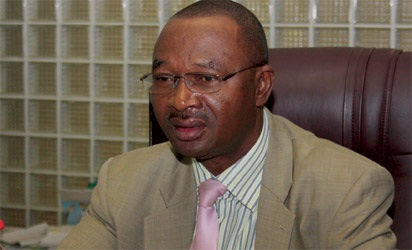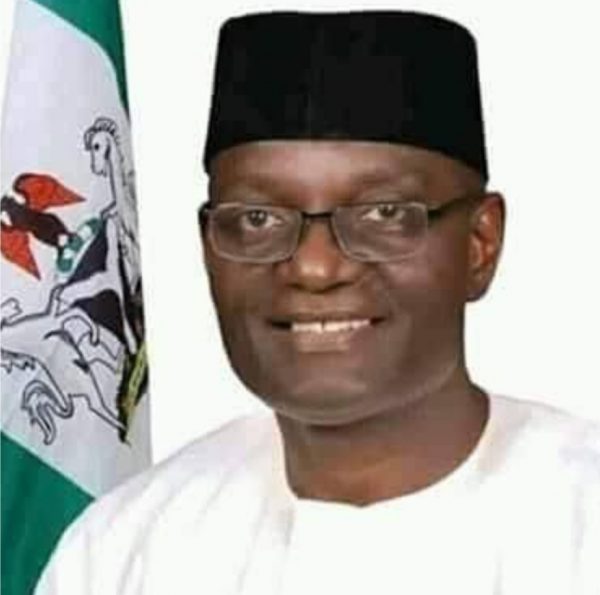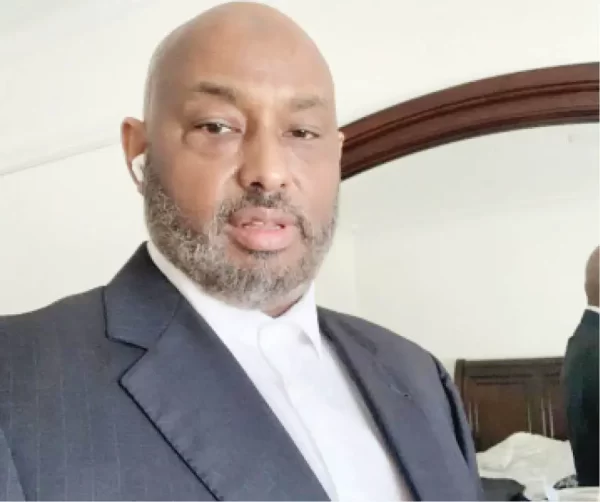Strike: CAC workers insist on N1.29bn allowance

The current industrial crisis at the Corporate Affairs Commission, which has resulted in the total shutdown of operations, may not end soon as the workers’ union has vowed to continue the strike action until its demands are met.
The workers, under the auspices of the Amalgamated Union of Public Corporations, Civil Service, Technical and Recreational Service Employees, had on July 17 commenced a strike action, which led to the shutdown of the commission’s headquarters in Abuja.
The Chairman of the union, Ibrahim Kirfi, who spoke to our correspondent in a telephone interview on Wednesday, dismissed a directive by the Ministry of Labour and Productivity that the workers should call off the strike.
The ministry had in a statement on Tuesday directed the striking workers to resume on Wednesday to pave the way for proper resolution of the dispute.
The statement, signed by the Deputy Director of Press, Ministry of Labour and Employment, Samuel Olowookere, said the intervention “is in order to ensure that the principle of social dialogue as a panacea to trade disputes is not only fully exhausted, but exploited for the benefits of all parties – employers and employees.”
But Kirfi said that the strike would not be called off until all the arrears of the workers’ allowances from January 2014 to December 2016 were paid
He put the total amount owed the workers at N1.29bn.
The labour leader stated, “The problem is that instead of them (CAC) to approve the amount that we agreed with them and signed, which is N1.29bn, they decided to apply for approval of N750m. This was what the minister approved; you can approach the ministry to find out what was being owed and what they approved.
“The strike is still on and it will not be called off until these issues are resolved. We are having a meeting today (Wednesday) with the Minister of Labour and Employment; the Minister of Industry, Trade and Investment; and the President of the Nigeria Labour Congress.”
The workers had shut down the commission to protest against the high salary gap between the executive and non-executive staff members.
The union also accused the management of corruption, inflation of contracts in state offices, tax evasion through alleged fraudulent training of members of staff, and use of government funds for personal transactions.








